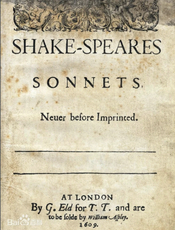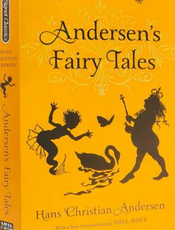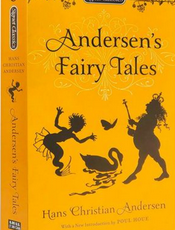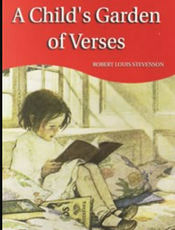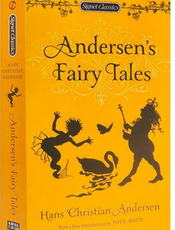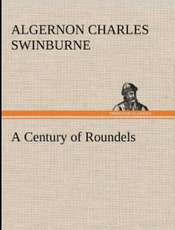个人主页
sl (@admin01)
- 加入网站 158 天
- 连续签到 0 天
- 最高连签 0 天
- 累计签到 0 天
- 今日阅读 0 小时 00 分钟
- 本周阅读 0 小时 00 分钟
- 本月阅读 0 小时 00 分钟
- 累计阅读 10 小时 41 分钟
-
1609 A LOVER'S COMPLAINT
1609 A Lover's Complaint is a narrative poem attributed to William Shakespeare, exploring themes of love, betrayal, and regret through a young woman's lament over her seduction and abandonment. -
A KING'S LESSON
"A King's Lesson" by Bei Nan: Sui's forbidden romance with authority figure Daira spirals into chaos when a dark secret shatters their identities and exposes the cost of power. -
FAIRY TALES OF HANS CHRISTIAN ANDERSEN A LEAF FROM HEAVEN
Hans Christian Andersen’s "A Leaf from Heaven" follows a terminally ill child who, cradling a miraculous leaf, journeys to heavenly wonders. Blending fantasy with profound sorrow, it explores innocence’s encounter with mortality, offering solace through transcendent beauty and peaceful acceptance of life’s fleeting nature. (100 characters) -
FAIRY TALES OF HANS CHRISTIAN ANDERSEN
Hans Christian Andersen's "A Great Grief" uses childhood innocence to explore profound sorrow. A young protagonist faces devastating loss, finding resilience through vulnerability and self-discovery. Blending nostalgia with transcendent hope, the tale underscores how grief nurtures wisdom and healing, offering timeless insights into human resilience. (100 characters) -
A Confession
A Confession is a profound autobiographical work by Leo Tolstoy, exploring his existential crisis, search for meaning, and ultimate spiritual awakening. -
A Complete Account of the Settlement
A Complete Account of the Settlement offers a detailed historical narrative of the establishment and development of a community, exploring its challenges, triumphs, and cultural evolution over time. -
A Child's Garden of Verses
"A Child's Garden of Verses" by Robert Louis Stevenson is a timeless collection of charming poems capturing the joys, dreams, and wonders of childhood through vivid imagery and playful language. -
1872 FAIRY TALES OF HANS CHRISTIAN ANDERSEN
"Hans Christian Andersen's 'A Cheerful Temper' is a whimsical tale exploring the power of positivity. Through the story of a man blessed with an eternally sunny disposition, Andersen highlights the value of optimism and its impact on life's challenges." -
A Charmed Life
"A Charmed Life" by Mary McCarthy is a sharp, satirical novel exploring the complexities of marriage, infidelity, and societal expectations. Set in a small New England town, it follows the lives of a group of intellectuals, revealing their flaws and hypocrisies with biting wit and keen observation. -
A Century of Roundels
"A Century of Roundels" by Algernon Charles Swinburne is a collection of 100 lyrical poems, each following the roundel form—a variation of the rondeau. Published in 1883, it showcases Swinburne's mastery of rhythm, rhyme, and emotional depth, exploring themes of love, nature, and melancholy.

